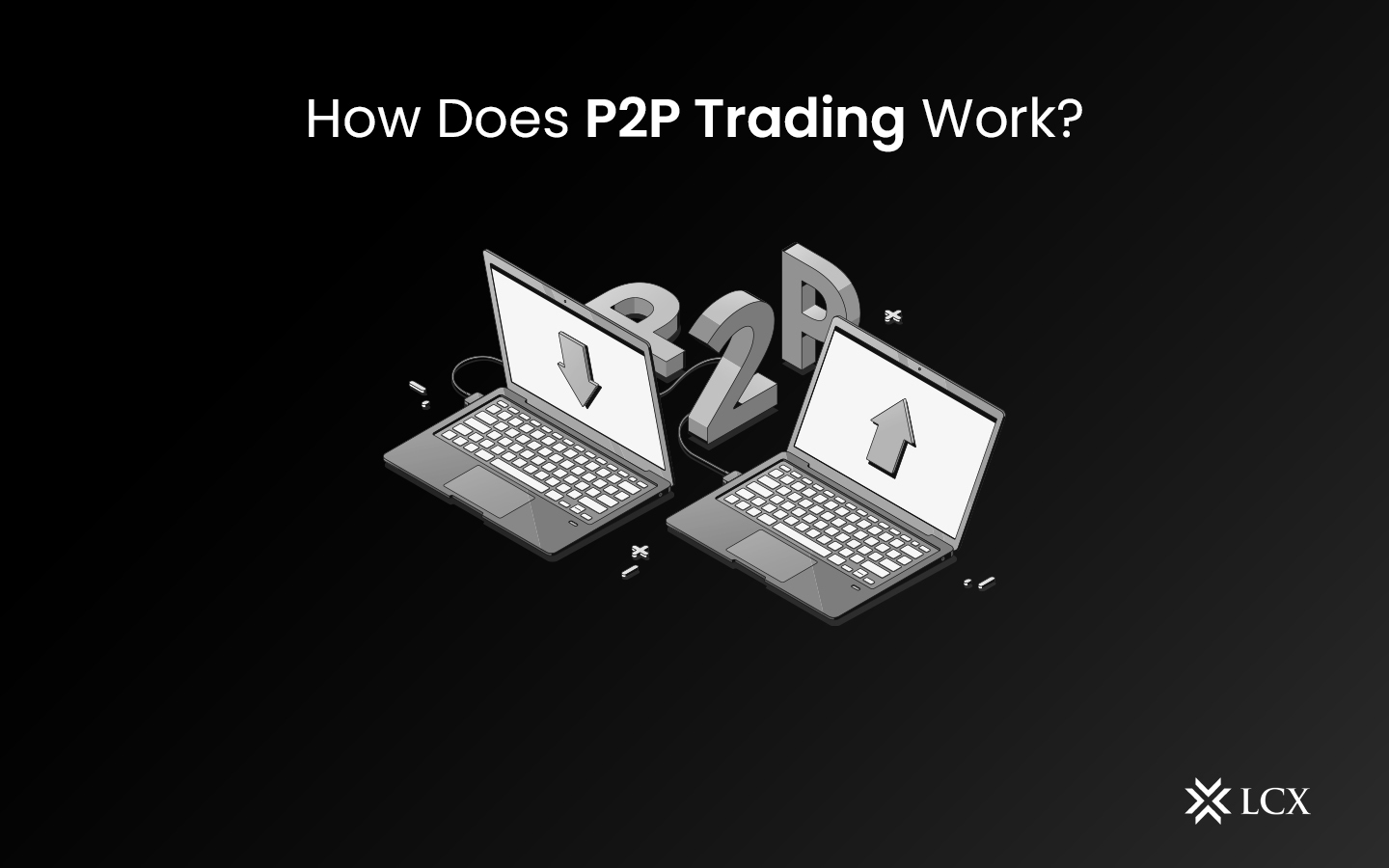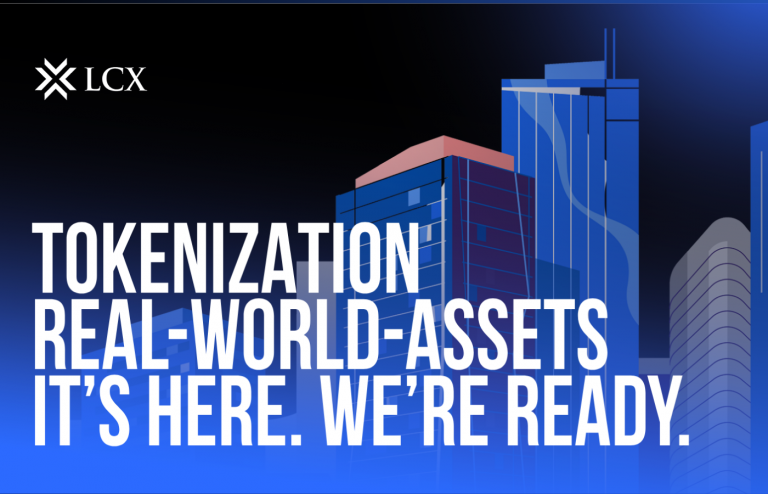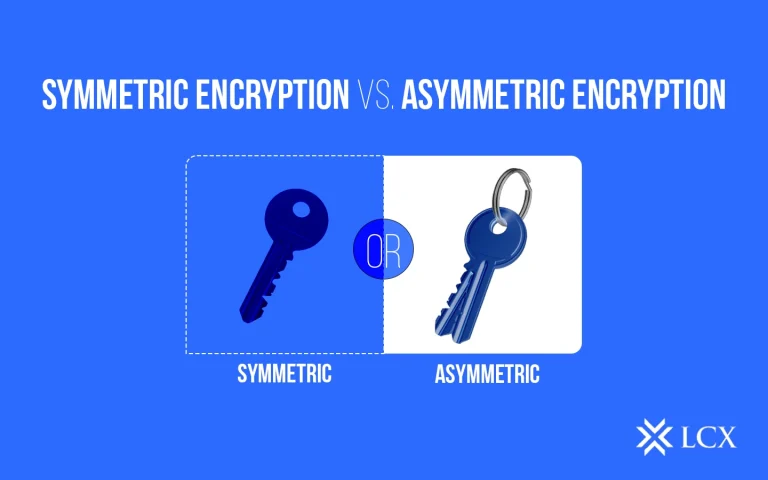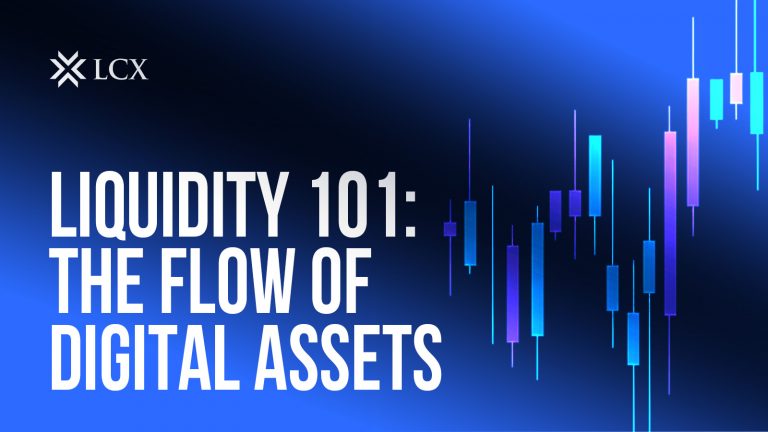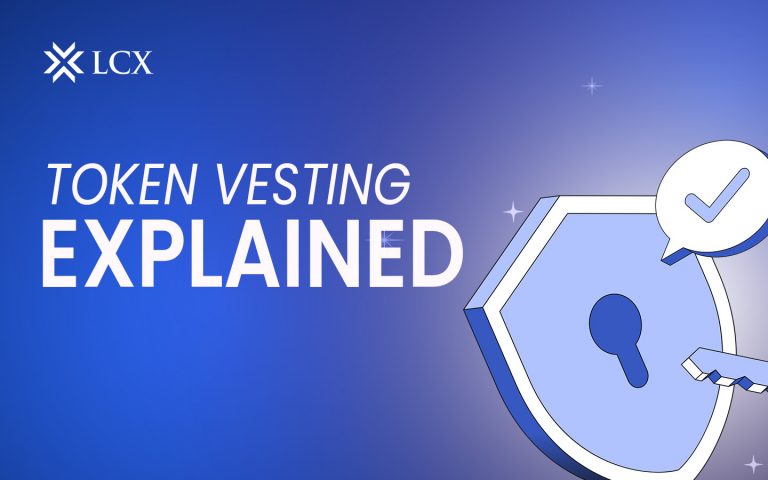Trading is a trending activity nowadays. But some people may find this process a bit overwhelming. This is generally because all the charts and graphs present a detailed image of the whole process. But some methods do not involve analyzing and interpreting these charts; one is P2P trading.
What Is P2P Trading?
P2P trading involves the direct trading of cryptocurrencies between the buyer and seller. It is a crypto exchange method based on decentralization. Thus, there is no involvement of any intermediary or third party. Traditional exchanges have strict regulations which involve verification of all the users before they start the trading journey, and they also do not allow direct contact with the counterparty. P2P platforms are far more relaxed in these terms.
In P2P trading, you do not need to use an automated system for your transactions; you can choose your preferred offer and proceed with the trade with the counterparty directly. This gives you more freedom as you can select the payment method according to your needs.
How Does It Work?
You can consider P2P trading as a matchmaking scheme where buyers and sellers are matched for their considered trades. These platforms do not charge any fees for the transaction, just like other exchanges, and require users to store their funds in a digital wallet separately controlled by the platform.
P2P exchanges connect crypto sellers and buyers; as a result, users may encounter marketplaces such as Facebook or Craigslist. Because of this, they can also browse crypto advertisements or create their own.
Protection in this network is provided by feedback or a rating system. Thus, you can check the reputation of the buyers or sellers of the assets on the P2P platforms before engaging in any transaction.
Types of P2P strategies:
- Buying and Selling Ads: Some P2P platforms allow you to buy and sell advertisements. You can choose a higher price to generate more revenue or a lower cost to attract more buyers.
- Arbitrage Trading: This means buying crypto from one platform and then selling it on another at a slightly higher price.
- High Demand Payment Method: If your payment method is hard to find anywhere else, people are likely to pay more. For example, people that like to make transactions in their local currency have to pay more if the currency is not widely used.
Advantages:
- Secure transactions: P2P platform secures their trade using two-factor authentication or encryption.
- Multiple Payment Methods: As the work of P2P platforms is to connect buyers and sellers, they offer a wide variety of payment options. They even include traditional payment methods such as PayPal, credit cards, and all digital currencies.
- Exposure to the global market: This trading technique has no geographical restrictions. Thus, you can trade with anyone in the world, regardless of location. This way, you are subjected to global exposure.
- Community and customer support: P2P trading platforms often have large communities ready to help as they keep discussing the latest trends and news in the crypto and finance market.
- There is no central restriction: P2P platforms are decentralized. Thus, no central authority can govern them. Therefore, no conditions can be applied to them, even in countries that have specific laws against crypto.
- No trading fees: As these platforms connect sellers and buyers directly, there is no need for trading fees or commissions.
Disadvantages Of P2P Trading:
- Scams: This is one of the most significant risks associated with P2P trading that often overlooks its advantages too. There is no central authority, so the risk of scams is relatively high here. People can make false profiles to fool potential sellers or buyers. So you have to be aware of these scams.
- Low liquidity: These platforms have inferior liquidity as compared to other exchanges. This also means that there may be a situation where no one matches your trade order. This way, you have to wait for more time, and in the meantime, your assets may lose their value.
- Slow trading speed: Transactions on P2P platforms are carried out at a slower rate. This is mainly because sometimes the transactions are called off midway.
Conclusion:
P2P trading platforms can be more profitable than centralized exchanges due to the lack of involvement of a centralized authority and a considerable number of traders on these platforms. But it is also true that these platforms are always at way more risk than the other exchanges. So if you decide to go with these platforms, do your research and due diligence.
